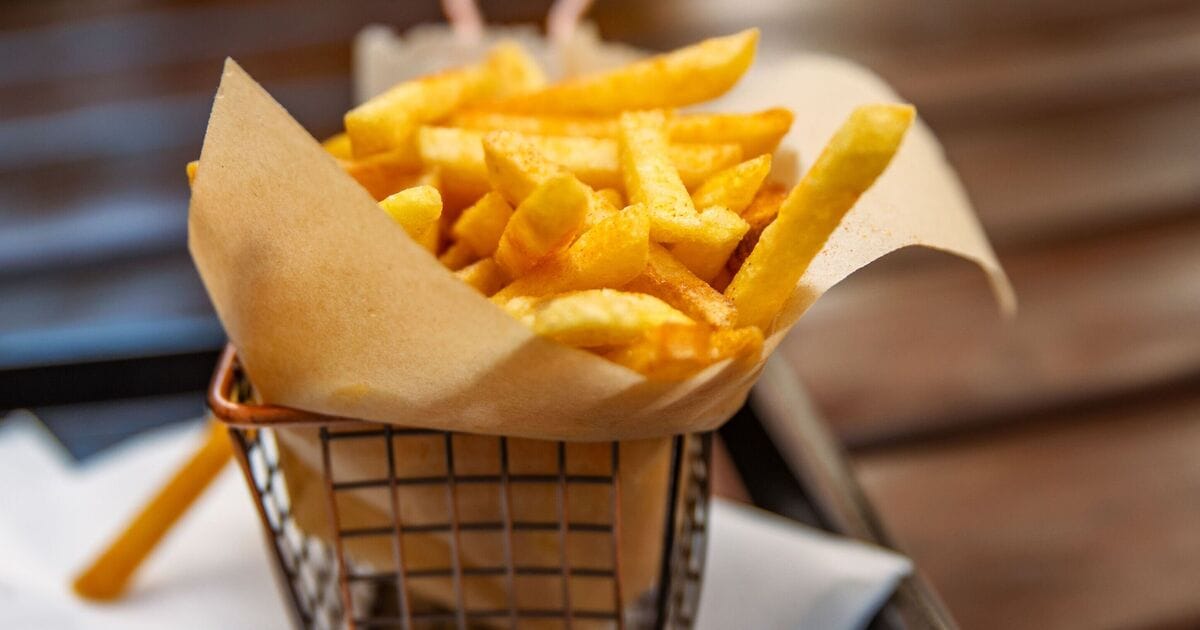An expert has revealed two simple ways to avoid seemingly inevitable weight gain this Christmas. Over the holiday period it can be easy to overindulge, with many of us tucking into “treat” foods more often than we typically would.
While there is nothing wrong with the odd bit of chocolate or cake, regularly eating this sort of food over many days can cause us to pile on the pounds.
However, there are steps you can take to prevent this from happening – while still enjoying yourself.
According to personal trainer and nutritionist Luke Hanna, weight gain over the winter period is a common occurrence.
Speaking to his more than 750,000 followers on TikTok he explained: “If you gain weight over the holidays, you’re not alone.”
He referenced one study, published in Current Obesity Reports journal in 2020, that found that the average person gains around 0.7 kilos (1.5 pounds) between November and January. This may seem “pretty minimal” but it can all add up over the years.
Luke continued: “When we look at those who are struggling with their weight and are classified as overweight or living with obesity, they are at risk of gaining larger amounts of weight. And the problem is people don’t tend to lose it again.
Find out about the symptoms you need to watch out for and get health advice with our free health newsletter from the Daily Express
“Gaining a few kilos every year will add up over time and therefore the holiday period can be a significant contributor to someone’s weight gain over their lifespan. So here are two things that you can do to help mitigate holiday weight gain.”
For his first tip, Luke recommended you enjoy yourself, but don’t use it as an excuse to “go off the rails” for months on end. He explained: “I’ve done many videos talking about how the odd day or even a few days of ‘overeating’ is not something to worry about, which is still true.
“However, when this stretches into weeks and weeks, or even months, then it can be problematic. This is why I recommend enjoying yourself, partaking in social events and work dos, but try to maintain a nutritious and sensible diet around these events.”
His second rule involved being mindful of what you’re eating and why. “Thinking about whether foods are worth or not worth eating has been associated with better weight management and calorie control,” Luke said.
“Be conscious of whether the food is actually benefiting you anymore.” This advice was based on another study, published in the Obesity Science and Practice journal in 2020.
Here researchers noted that actively thinking about whether certain foods are “worth” consuming could help manage caloric intake. They said: “Making choices about what food is worth/not worth eating likely reflects a general level of attention to eating patterns during the holiday that helps manage caloric intake across the six‐week holiday window.”
However, Luke added: “Ultimately, you should not be stressing over food and you should enjoy yourself. But for a lot of people, these things are worth considering.”
The NHS advises that an average man needs 2,500kcal a day, while an average woman needs 2,000kcal a day.





